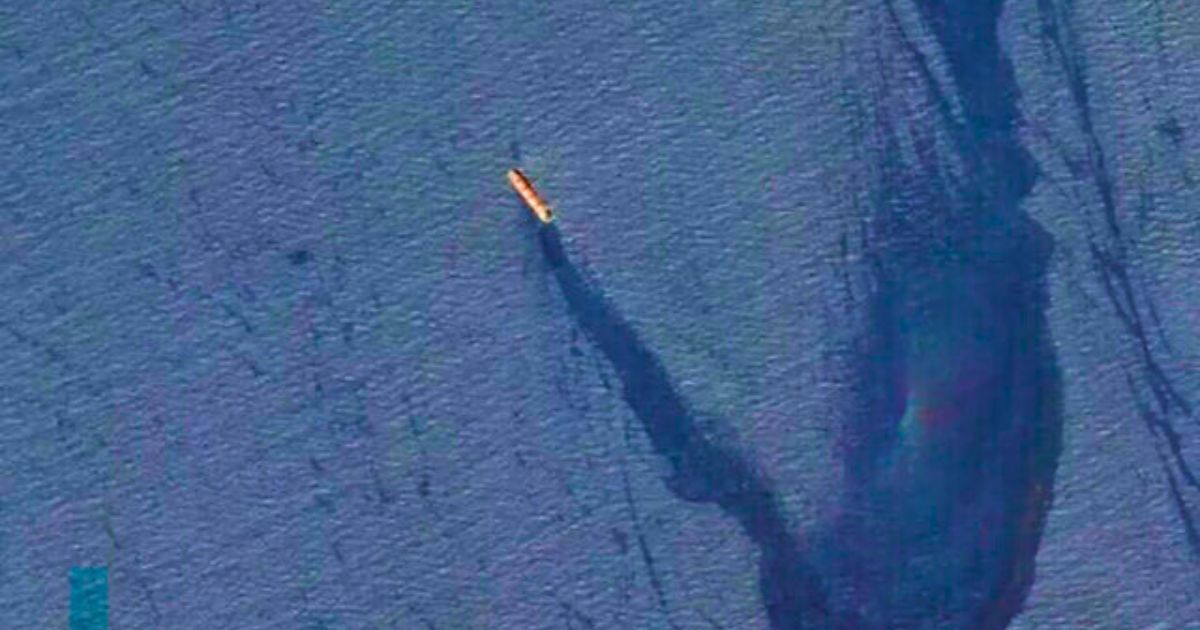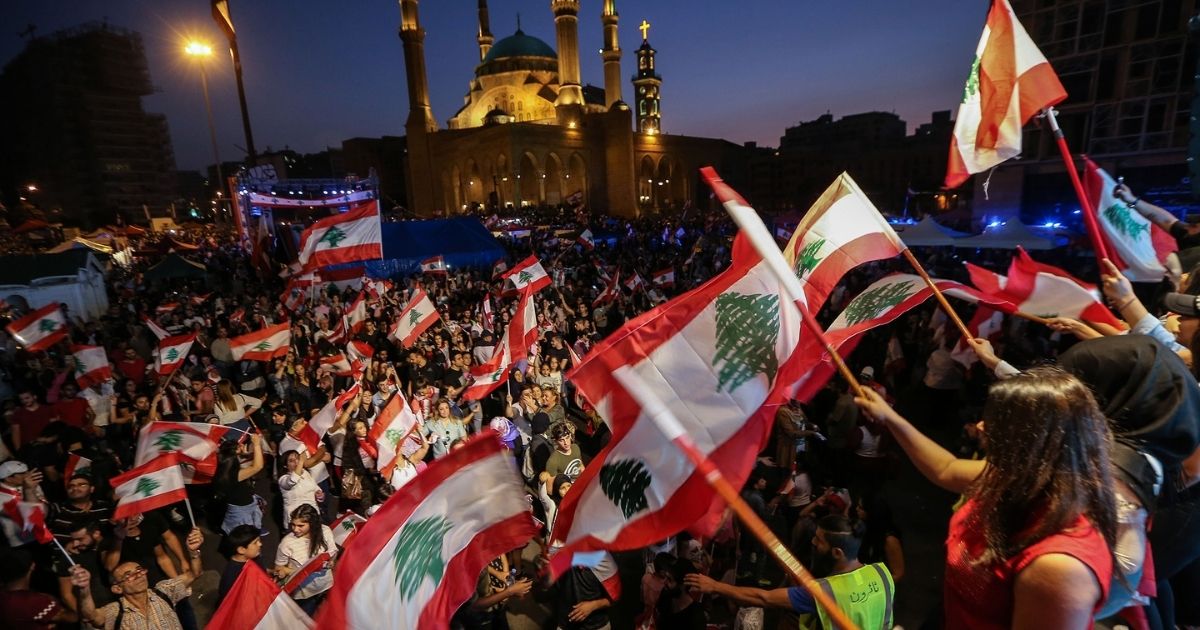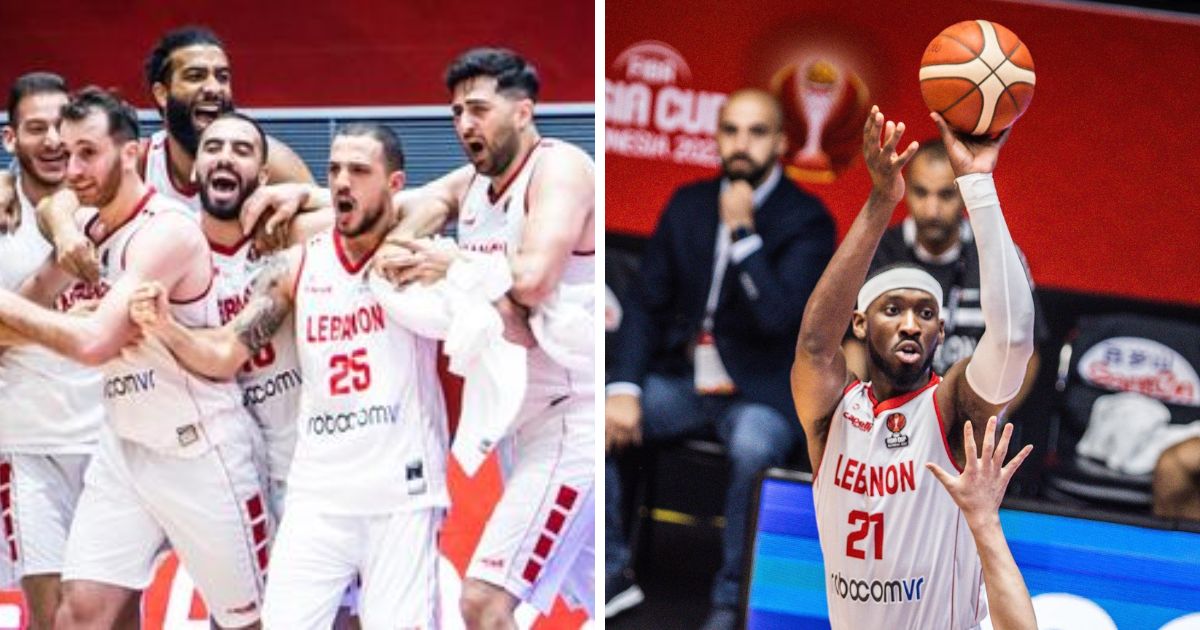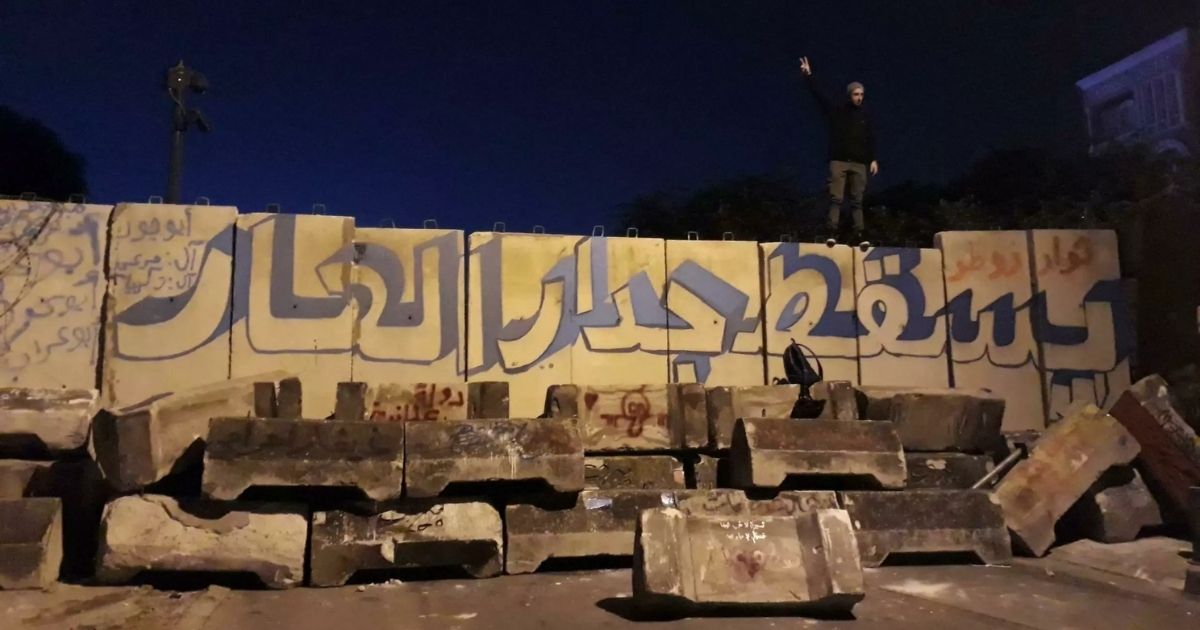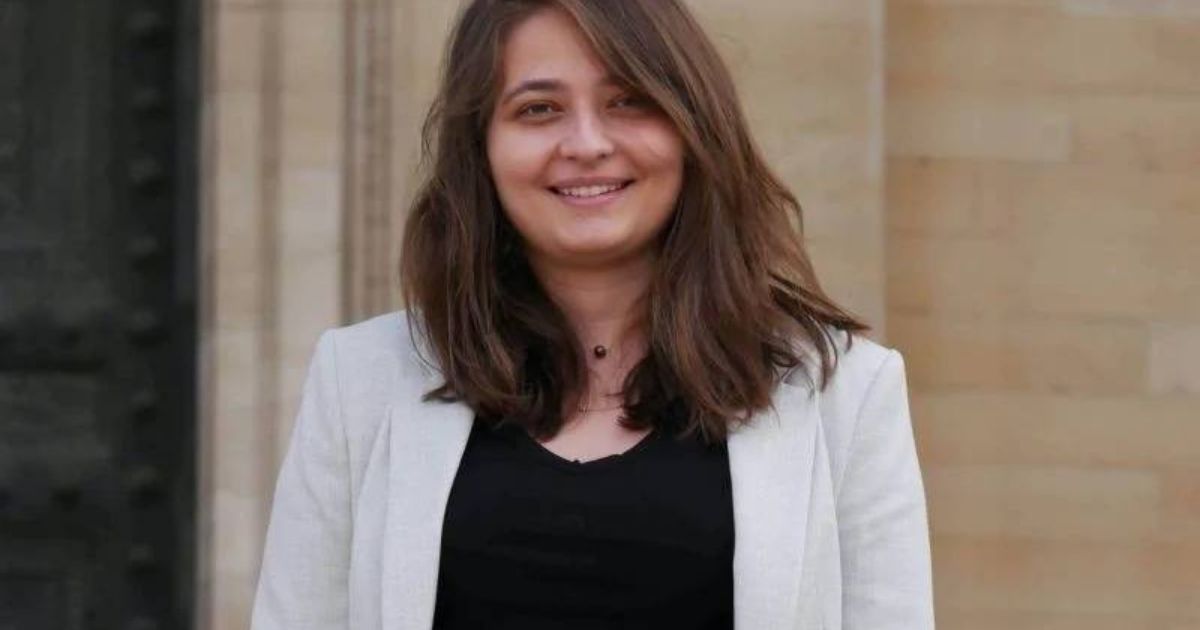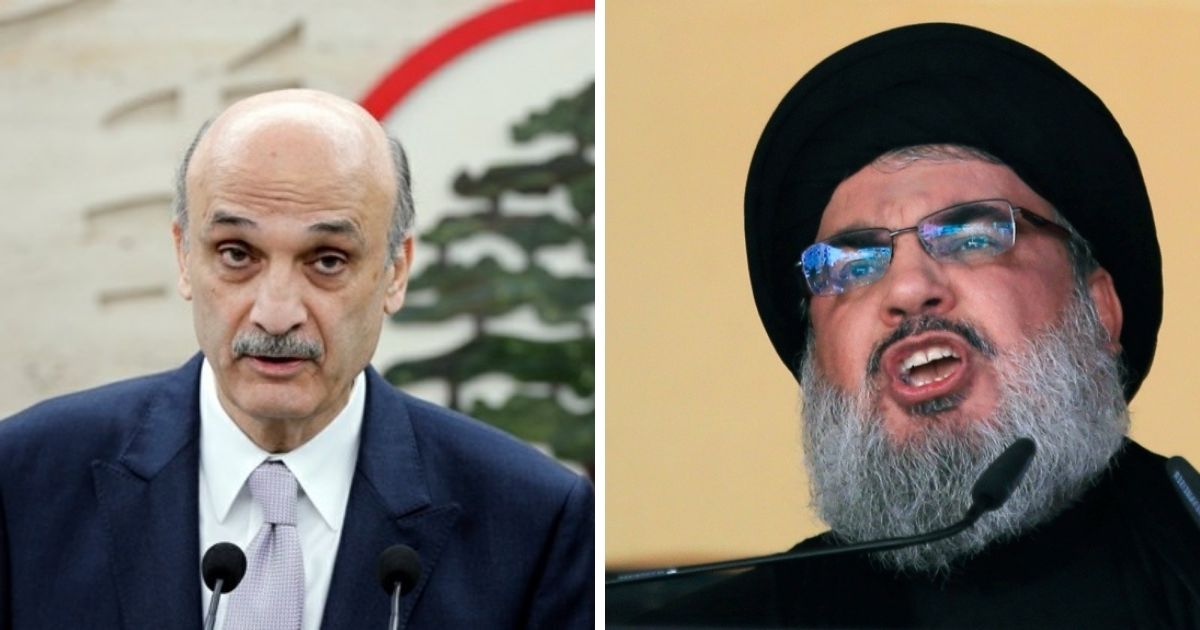The events of Wednesday night in Keserwan sparked outrage across Lebanon and social media but also a reinforcement of unity amongst people never seen before the revolution.
The brutal attack on a young Lebanese man for being “from Tripoli” and the claims of the attackers that Keserwan is theirs resulted in a passionate stance from the Lebanese people against hatred and sectarianism.
Many condemned the discriminatory actions, both verbal and physical, taken by the FPM’s supporters and bodyguards of their former MP, claiming territorial ownership.
The Lebanese people stood in opposition to such discrimination that is not part of the Lebanese culture, and their reactions were remarkable, especially from the people of Keserwan.
They opened their homes to their fellow Lebanese of Tripoli, inviting them over on social media, especially on Twitter that was loaded with tweets of love and unity.
Haytham Khawand, a resident of Keserwan, tweeted: “To those interested among the revolutionaries of Tripoli, my home is in the center of Kessrwan, it is open for you to stay and live in, and for you to prepare all your next steps to confront Ziad Aswad and the likes of him.”
Doumit Azzi Draiby from the city of Al-Oqaibeh in Keserwan tweeted: “My house is open to any revolutionary from Tripoli. Our doors shall not be closed, except in the face of sectarianism.”
“I’m from Keserwan and my husband is from Keserwan,” tweeted TV host and actress Carine Salameh.
“To the young man who was assaulted yesterday by the bodyguards of an MP who’s supposed to be for all the nation, I tell him you are most welcome,” indicating that her home is his and he will be among his family.
In addition to the many similar tweets, videos of apology on behalf of the Lebanese nation to the young man and residents of Tripoli were posted online.
Keserwan was not the only region expressing support and empathy. People from several different regions in Lebanon also tweeted in support of Tripoli and Lebanon in general, welcoming revolutionists to their city, home, and family.
“I’m the son of Ain El-Remmaneh,” a Lebanese tweeted from Beirut, “My home is open to all revolutionaries from Tripoli, Bekaa, the South, and all Lebanese regions. And, of course, it’s closed in the face of the FPMs.”
He added in a hashtag, “The people of Tripoli over my head,” using the spoken accent particular to Tripoli to emphasize his identification with his fellow nationals in Tripoli.
Consequently, the people of Keserwan took to the streets of Jounieh and the Fouad Chehab Sports Center on Thursday to protest in solidarity with Tripoli and against sectarianism.
Under the slogan “Rejection of sectarianism and showing Tripoli our civilized side,” activists from all Lebanese regions participated in the protest.
Maroun Chidiac tweeted, “Free revolutionaries, we are continuing our journey, a massive march in the streets of Jounieh, and the people of Tripoli are welcomed in the Maronite capital of Keserwan. This is the Lebanon we want.”
Proclamations during the protest emphasized “the continuation of the pacific movement and that Lebanon is for all sects.” They called “the judiciary to hold the aggressors to account,” and stressed “the solidarity of activists in all of Lebanon.”
Keserwan, which is of Christian Maronite majority, and where the FPM is deemed to be the most popular, has spoken on this day, loud and clear. Its people strongly refuse to be imposed a sectarian umbrella and sectarian borders by any political party.
The era of sectarian divisiveness has died thanks to the revolution that has shattered all such fear-infusing boundaries between the Lebanese, whatever the vile acts of some to try to revive it.
Lebanon is now a united nation, seeking a better Lebanon. We are a small country and can’t allow being divided by nonsense. We must stand as ONE to build on a strong basis and be able to face any challenge and any greedy foreign power with eyes on Lebanon.
Lebanon is ours, and for all of us. We take pride in our cities and regions as they are part of Lebanon, and we honor our religions for being part of our nation. But without a united Lebanon, there is no pride and no honor to claim.

